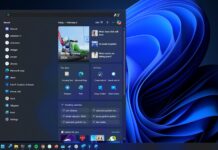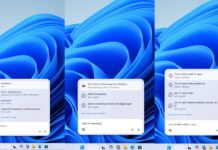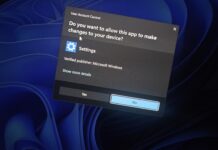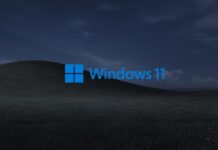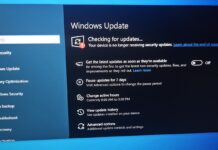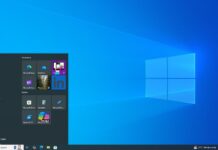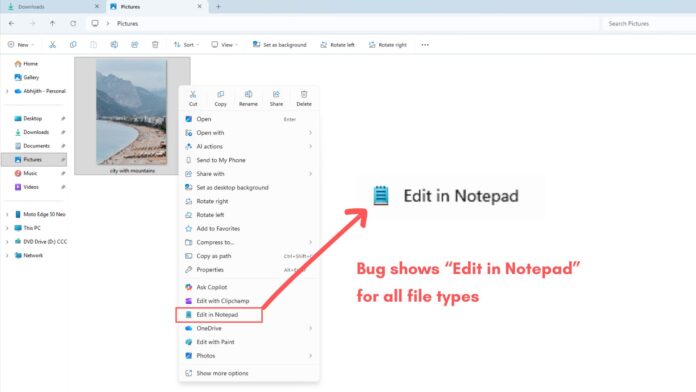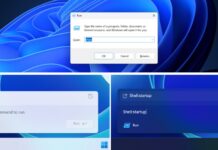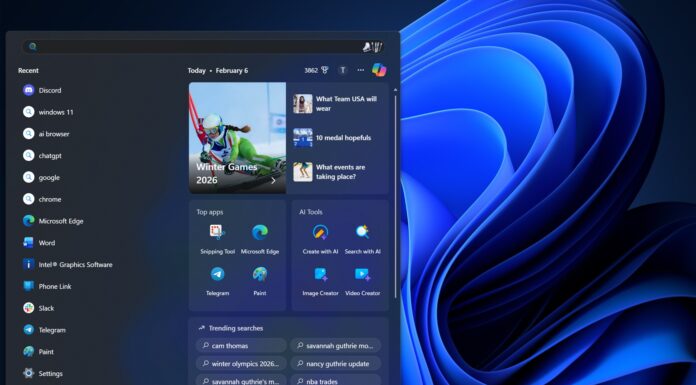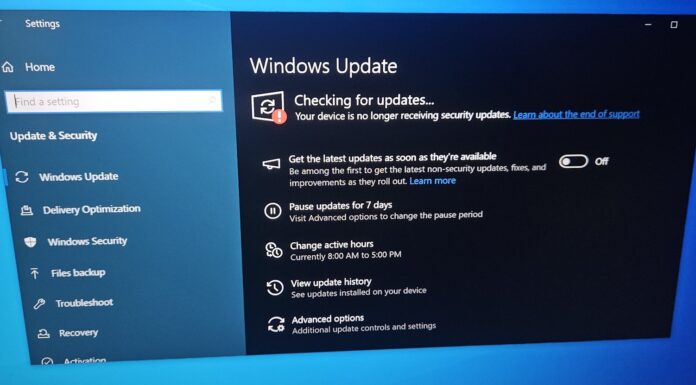Windows 11’s context menu in File Explorer has been showing the “Edit in Notepad” option for all kinds of files, including images and videos. For context, it is supposed to show up only when right-clicking on plain text files, configuration files, and scripts. Thankfully, you can remove “Edit in Notepad” by modifying the Windows Registry.
However, the bigger issue here is that the context menu doesn’t need “Edit in Notepad” in the first place, especially since a simple double-click opens a text file in Notepad by default, and an option called “Open with” already exists, from where I can choose to edit in the app I choose.
If you want to open a specific program in Notepad, you can already do so via “Open with…” We don’t need a separate “Edit in Notepad” toggle.
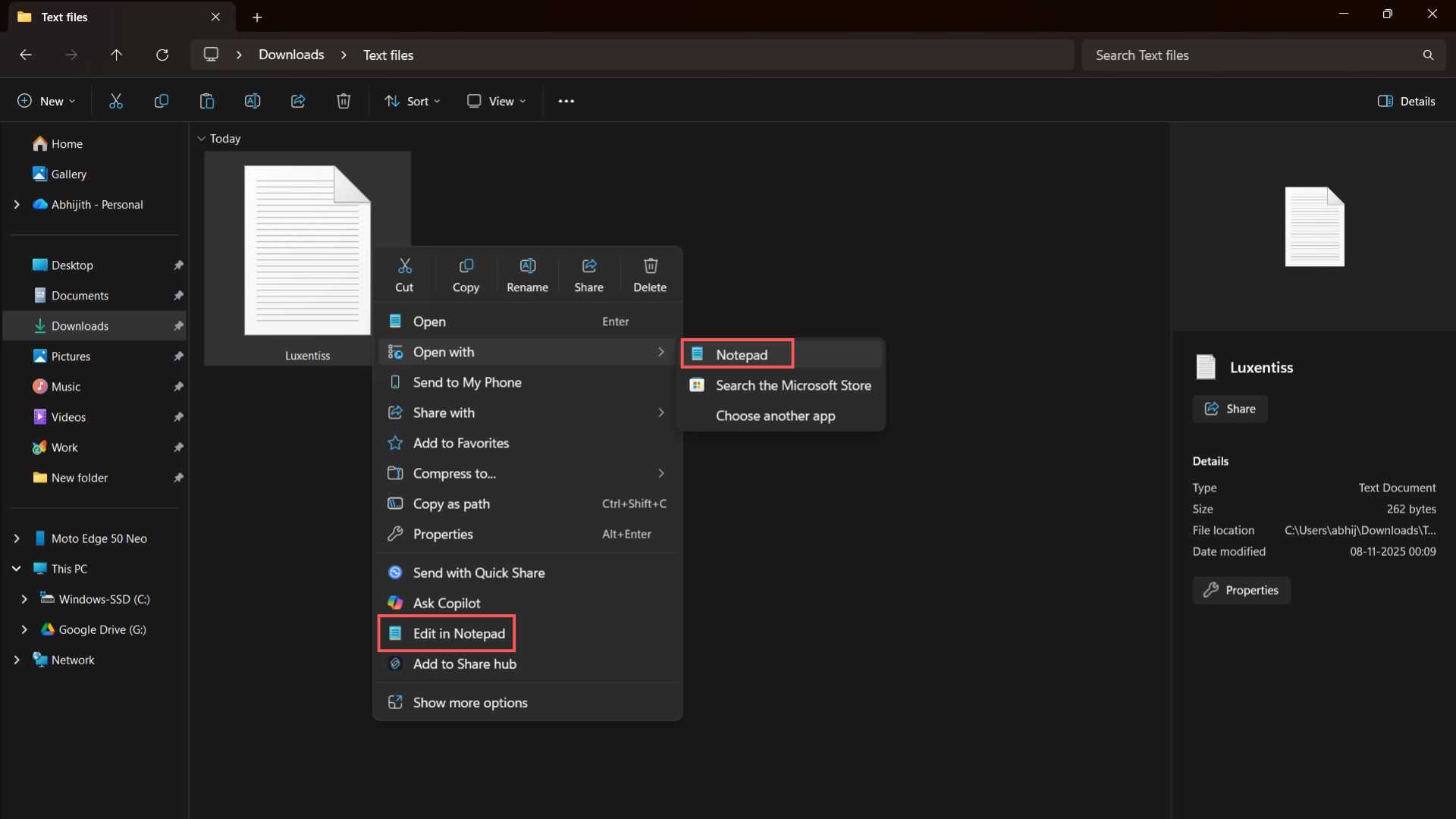
Of course, this goes to show the broader issue with Windows 11 File Explorer context menu, where users are burdened with too many options. All this just adds to the list of frustrations that users have faced with the right-click menu ever since the launch of Windows 11.
In Windows 10, right-clicking a file immediately opened the full context menu with everything from “Open with” and “Send to” to third-party entries like “Extract with WinRAR” and even “Scan with Microsoft Defender”.
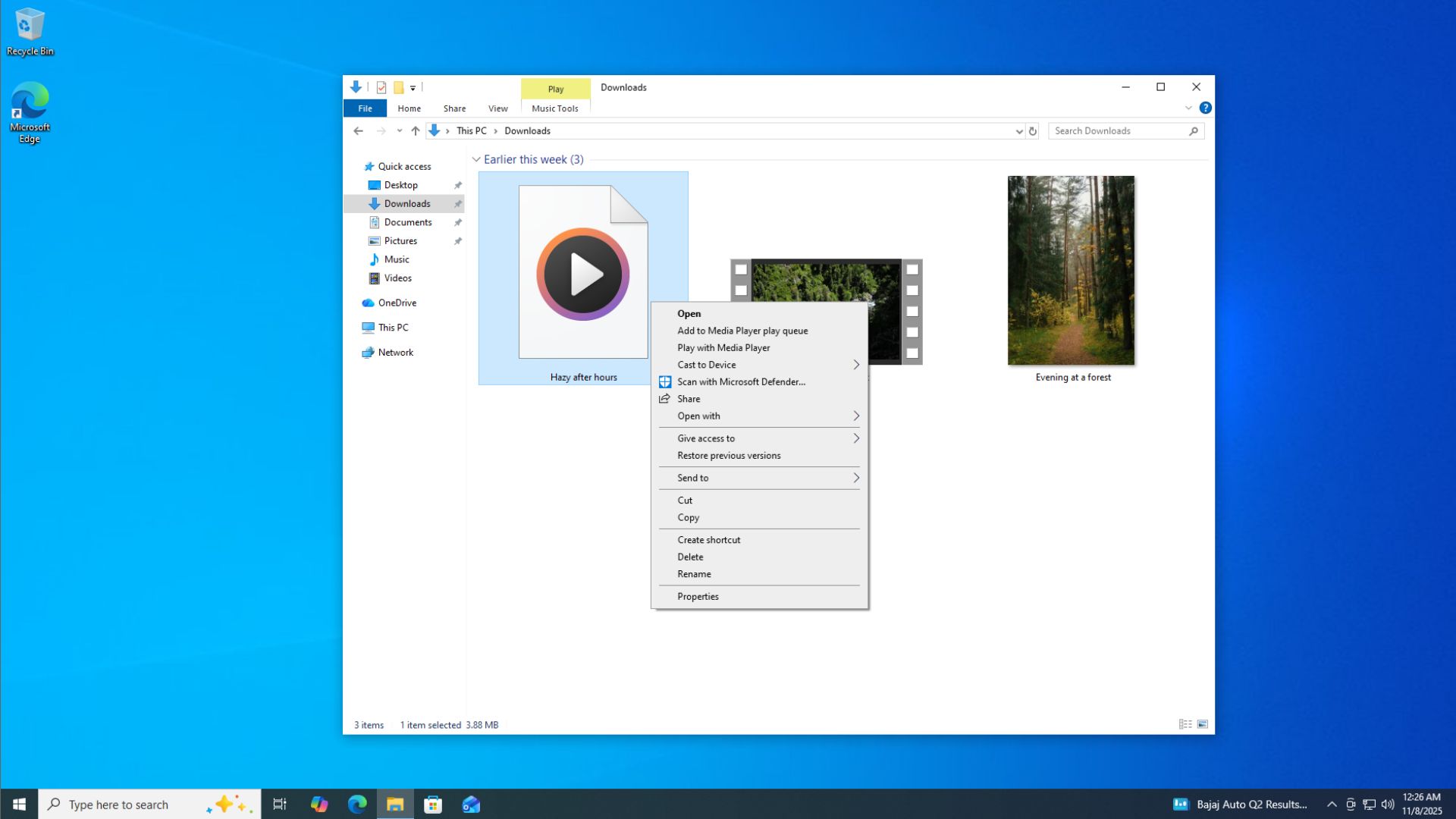
Personally, I didn’t feel Windows 10’s contextual menu to be cluttered, but at the same time, I always thought it could use an aesthetic update.
When Windows 11 launched in October 2021, Microsoft gave us a modern, compact context menu that showed a small set of simplified icons for Cut, Copy, Paste, and the like. But as with all things Microsoft, people didn’t like change, and they had to click “Show more options” to open the legacy context menu, which people got used to, courtesy of Windows 10.
Eventually, Microsoft cleaned up the context menu, with better separations for the most popular actions, making it look better, despite not fixing the users’ core complaint of having to click twice to get to the familiar legacy context menu.
Having realised that users wanted more options in the context menu, Microsoft went ahead and added Shell Extensions, which show contextual actions based on the type of file you right-clicked. For example, right-clicking an image shows “Ask Copilot”, “Edit in Notepad”, “Edit with Paint”, and “Edit with Clipchamp”.
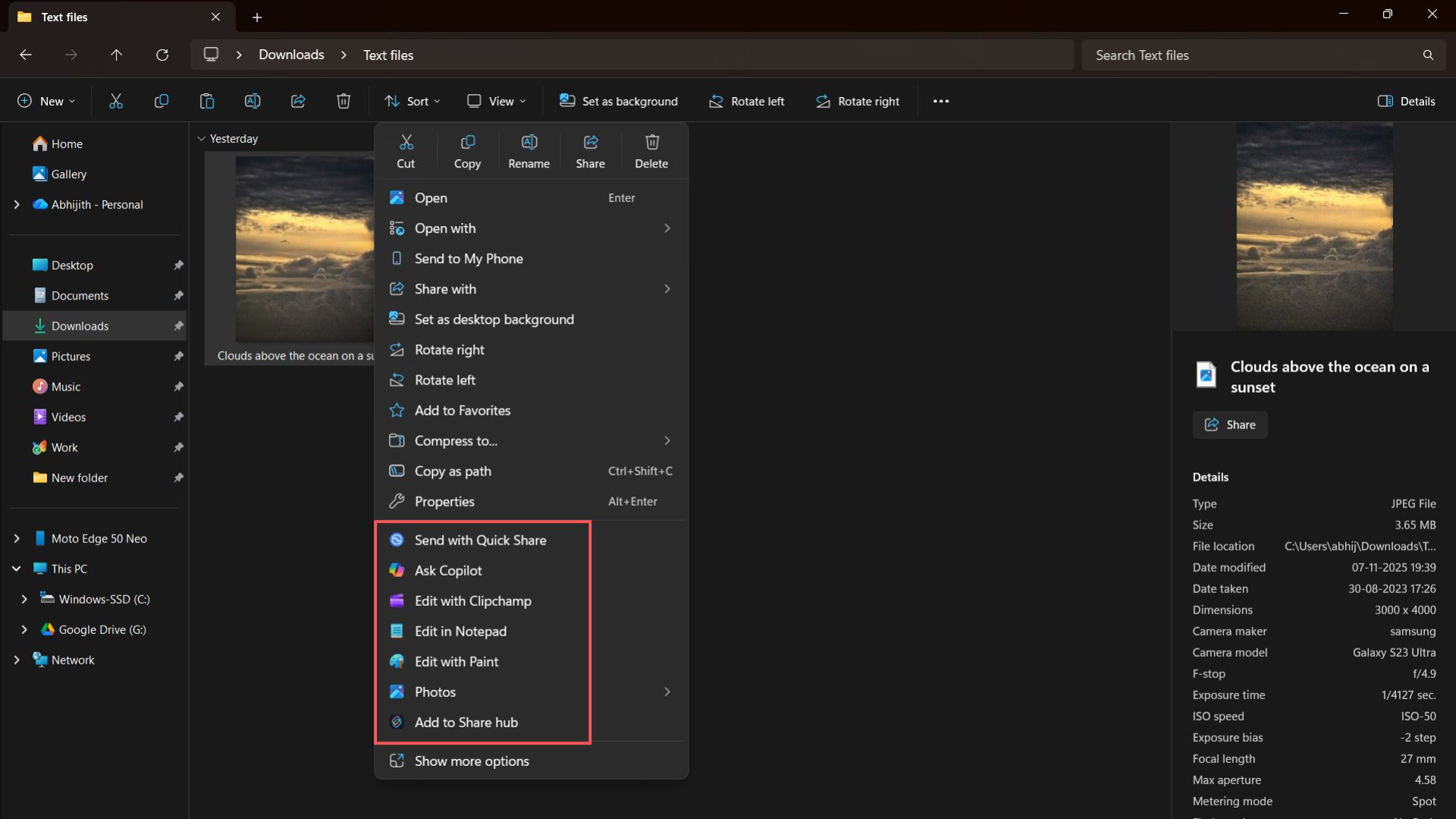
Needless to say, “Edit in Notepad” shouldn’t be an option when right-clicking an image, especiall when it’s already exposed via “Open with…”
Why does the “Edit in Notepad” option show up when right-clicking any file?
Notepad used to be one of the most untouched apps in Windows. But in just the last two years, Notepad accumulated more changes than it did in the past two decades.
Dark mode, tabs, text formatting, autosave, and session restore are among my favourites. Then there are the not-so-likeable features, such as Copilot in Notepad.
Either way, these aggressive updates to Notepad came at the cost of it showing up in the context menu for all file types, including executable system files, ISO files, images, and everything. Right-clicking any file inside the File Explorer shows “Edit in Notepad” among the other contextually accurate Shell Extensions.
If you went ahead and clicked on the Edit with Notepad option, the text editor opens and shows the raw binary data of the image file, interpreted as text.
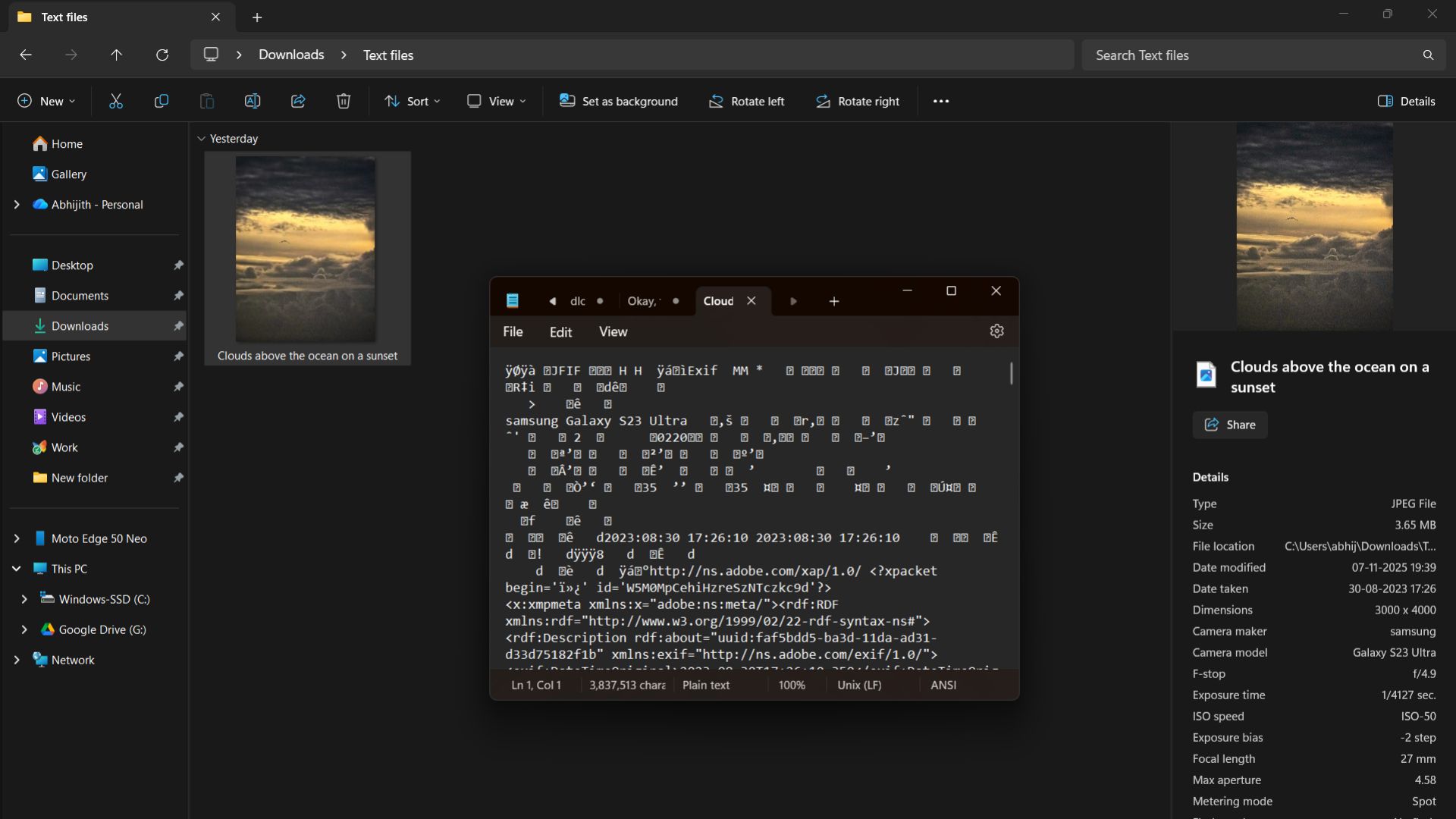
On Windows 11, Notepad adds a global context-menu verb against the wildcard file class (* / AllFileSystemObjects), not just .txt or .log. Because this verb determines Notepad as a generic ‘edit as text’ option for any file, Explorer surfaces Edit in Notepad in the primary menu even for binaries or images.
This is separate from file-type associations and doesn’t imply Windows thinks those files contain text.
Fortunately, fixing this UX behaviour is just a matter of removing “Edit in Notepad” altogether. Besides, you won’t be missing out on anything, as you can just use the “Open with” option to open any supported file in Notepad.
How to remove Edit in Notepad from the File Explorer Context menu
- Type regedit in Windows Search and open the Registry Editor as Administrator.
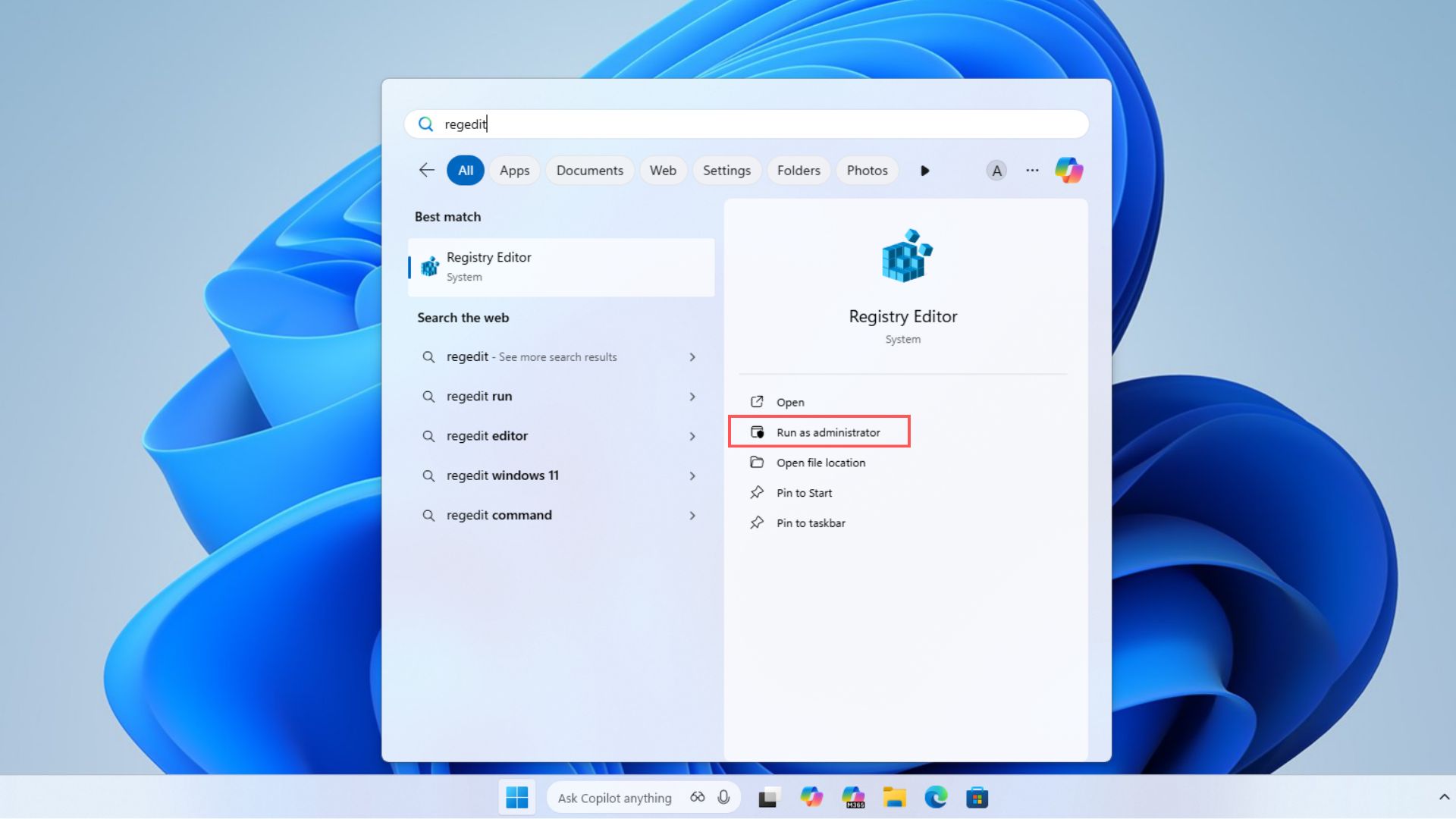
- In the Registry Editor, expand the HKEY_CURRENT_USER, scroll down to Software, and expand it to Microsoft.
- Then, scroll down to Windows, expand it, and find CurrentVersion, and finally click Shell Extensions. Your path will look like this:
HKEY_CURRENT_USER\Software\Microsoft\Windows\CurrentVersion\Shell Extensions.
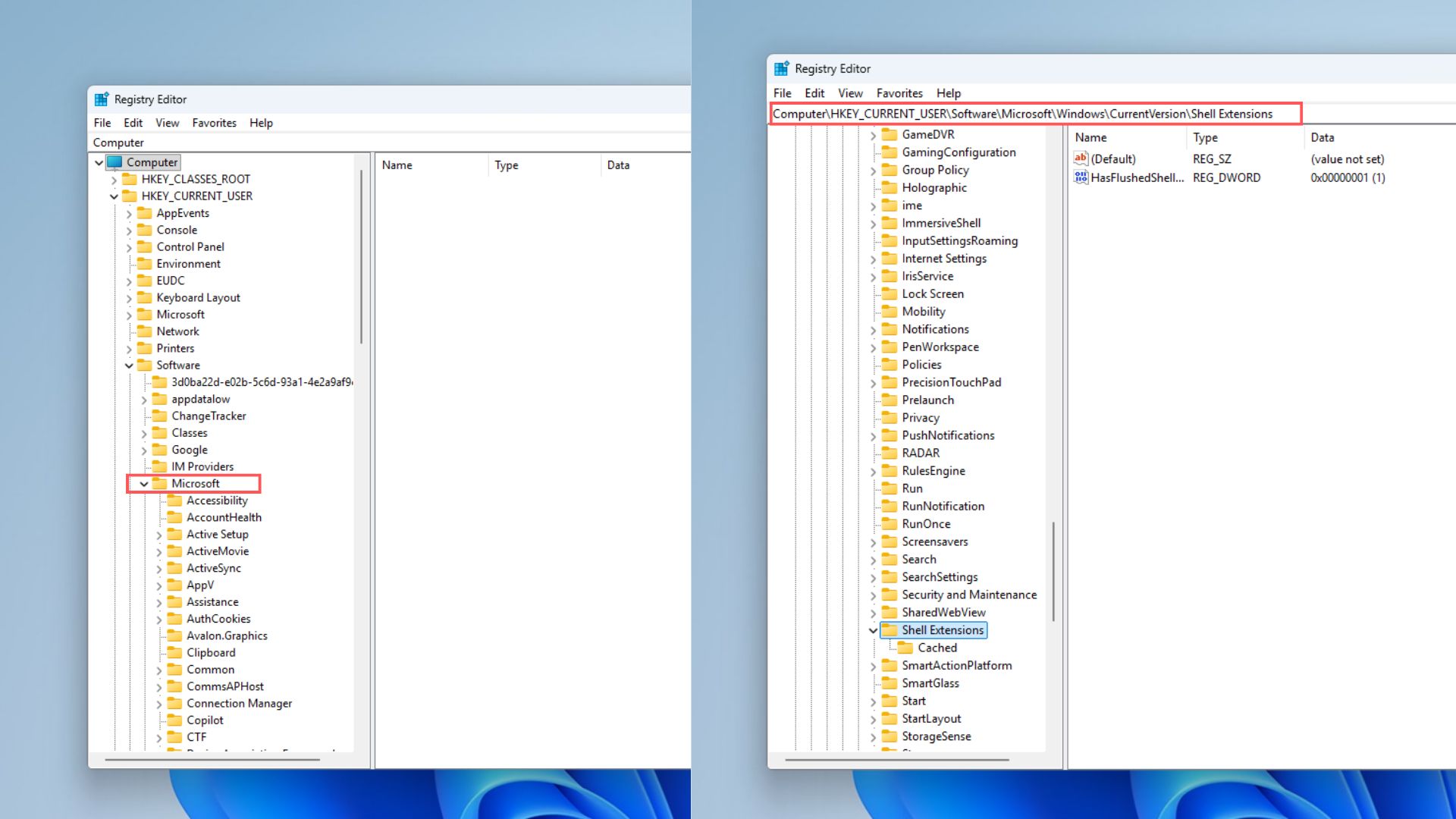
- Right-click on the Shell Extensions key, select New, and click Key. Type Blocked and click Enter. You have now created a subkey called Blocked.
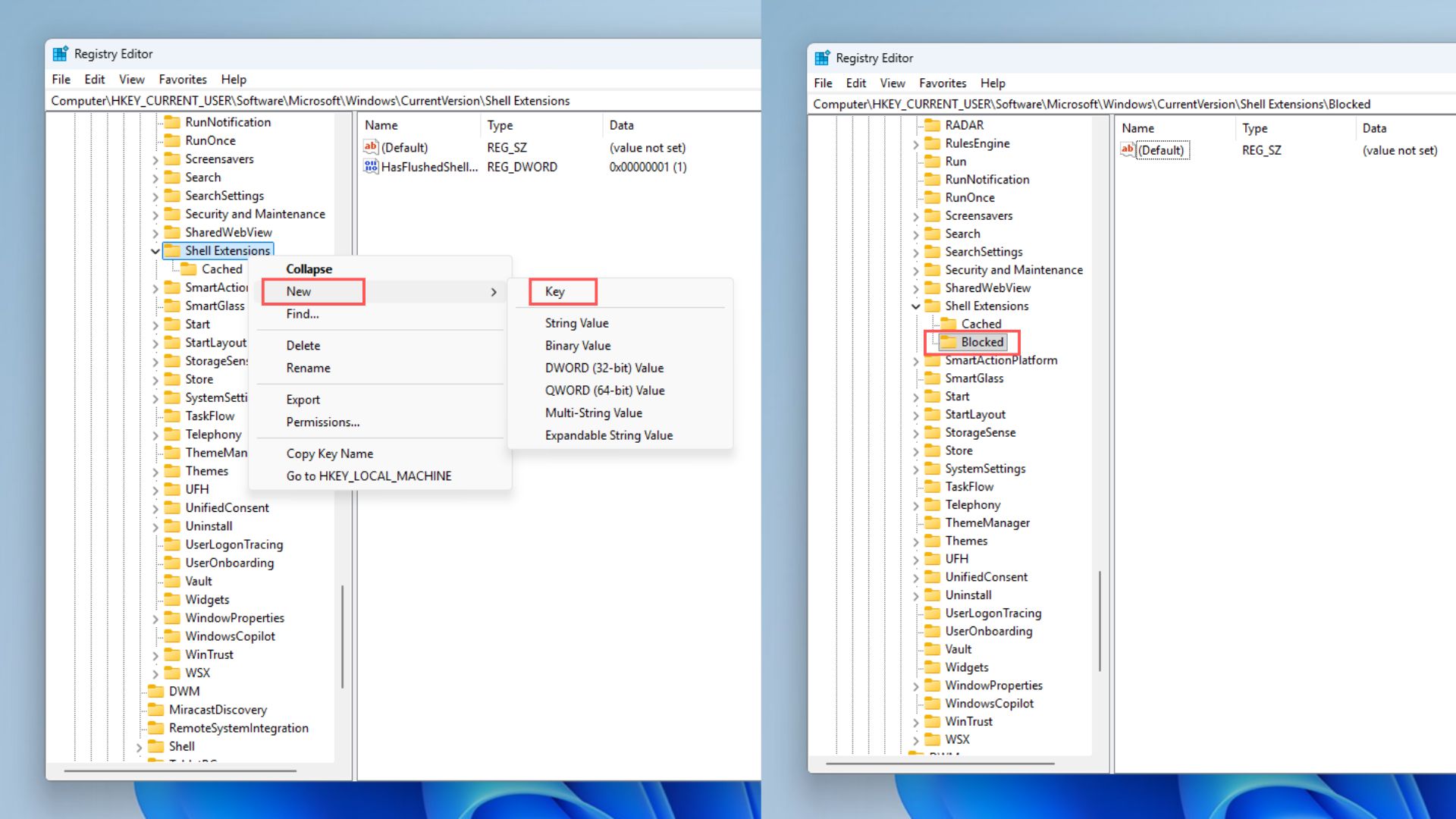
- Right-click Blocked, select New, and click String Value.
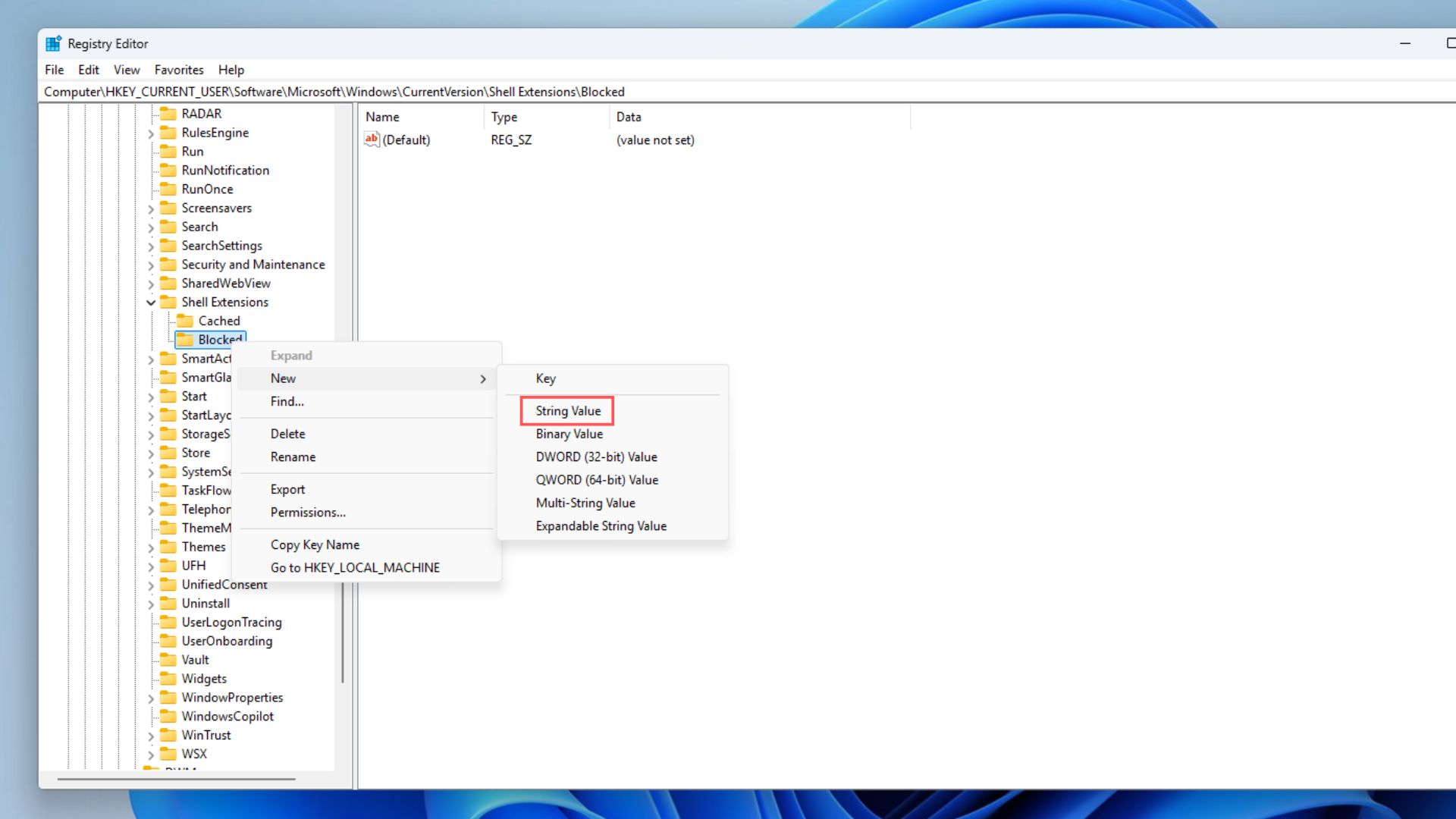
- Copy this value {CA6CC9F1-867A-481E-951E-A28C5E4F01EA} and paste it in place of the New Value.
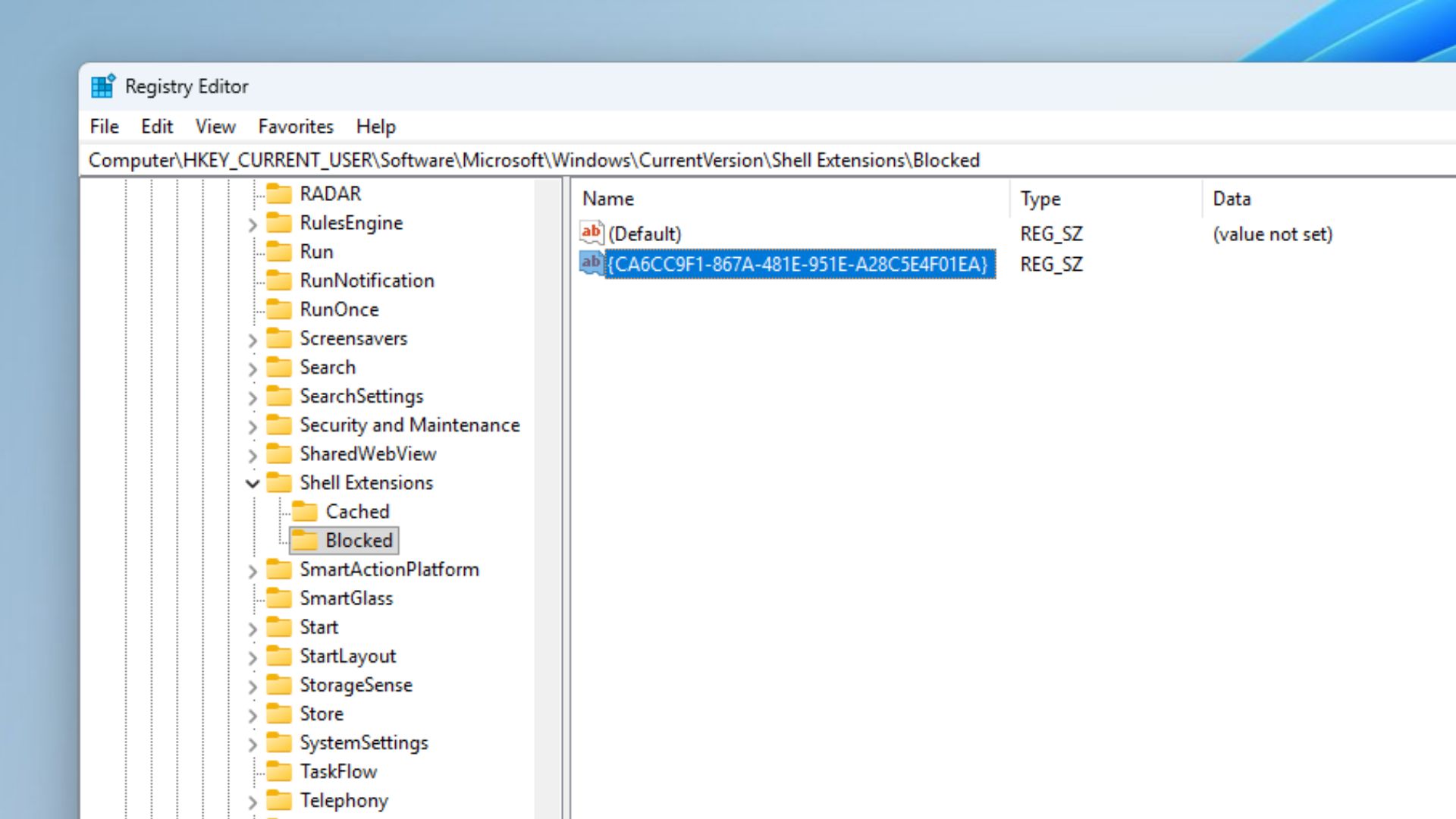
- Now you can close the Registry Editor and restart your PC.
Right-click on any file and you’ll see that “Edit in Notepad” is nowhere to be seen.
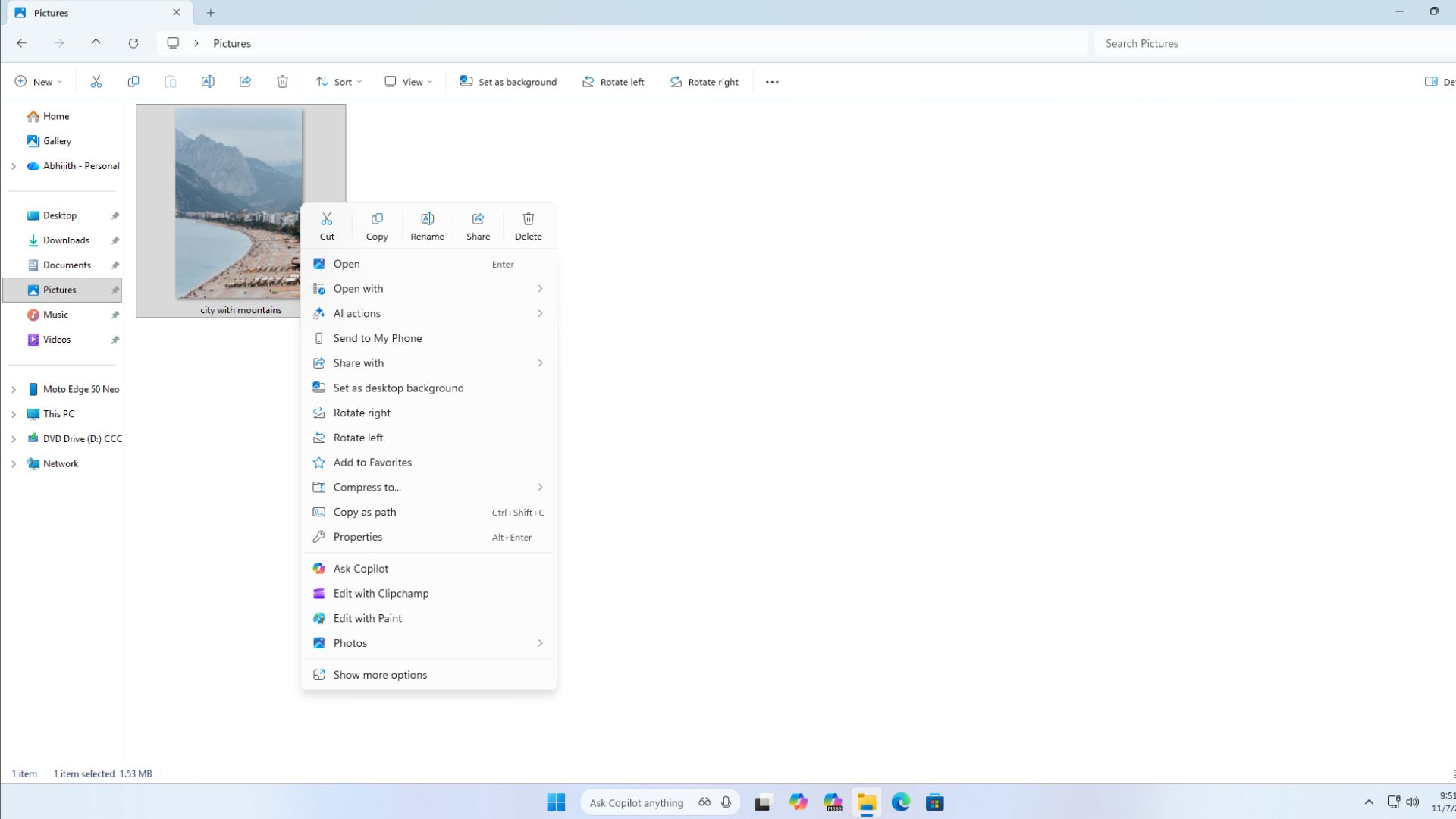
This begs the question of whether you can remove the other Shell Extensions as well. In fact, the same method can be used to remove Ask Copilot, Edit with Clipchamp, and Edit with Paint. All you have to do is add the GUID of each of these under the following path:
HKEY_CURRENT_USER\SOFTWARE\Microsoft\Windows\CurrentVersion\Shell Extensions\Blocked.
- Add {CB3B0003-8088-4EDE-8769-8B354AB2FF8C} to remove Ask Copilot
- Add {8BCF599D-B158-450F-B4C2-430932F2AF2F} to remove Edit with ClipChamp. If this doesn’t work, try {8AB635F8-9A67-4698-AB99-784AD929F3B4}
- Add {2430F218-B743-4FD6-97BF-5C76541B4AE9} to remove Edit with Paint
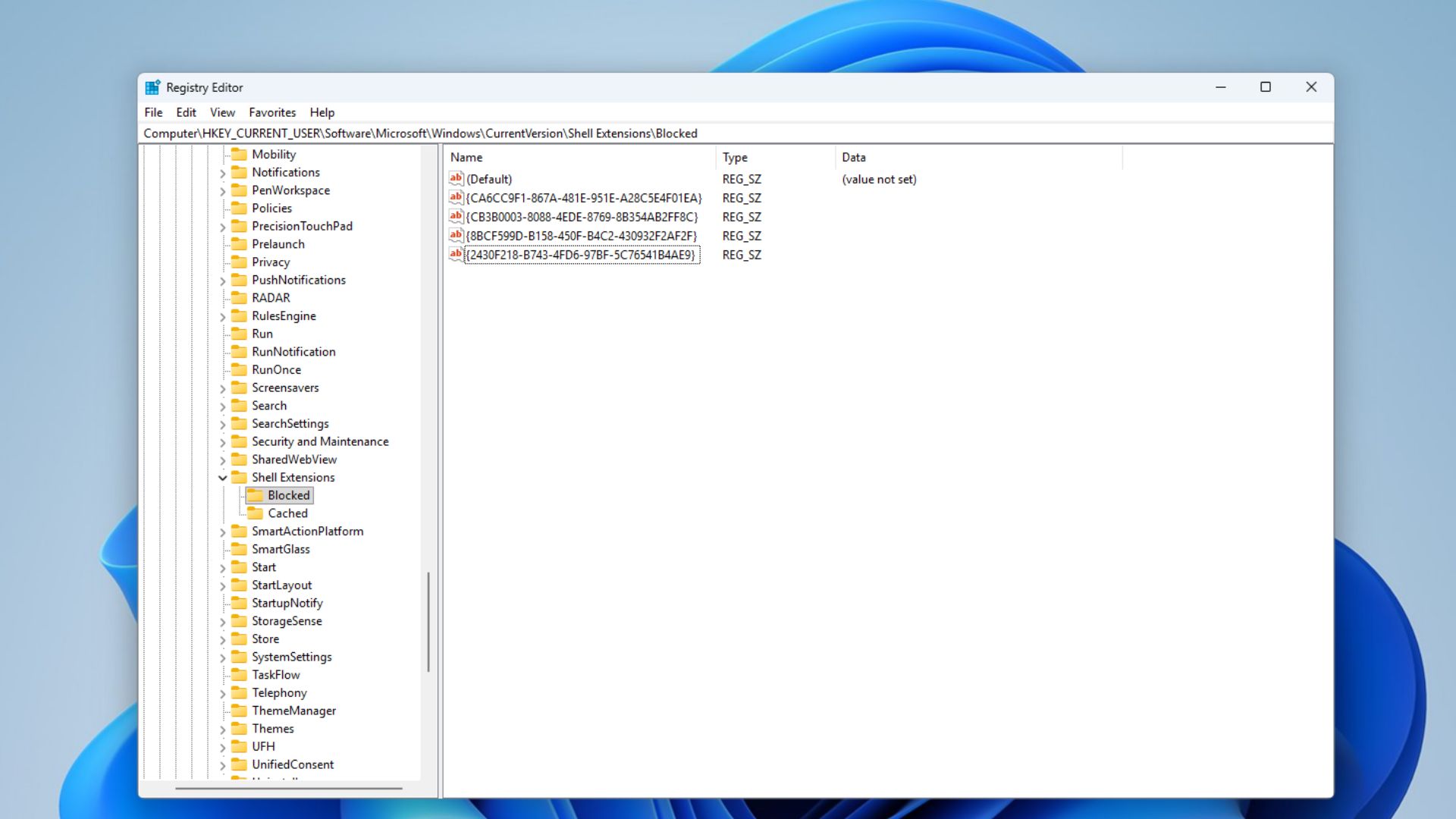
Although, the chances of you switching back are low. Because apart from making the context menu look better and shorter, it now appears opens slightly faster too.
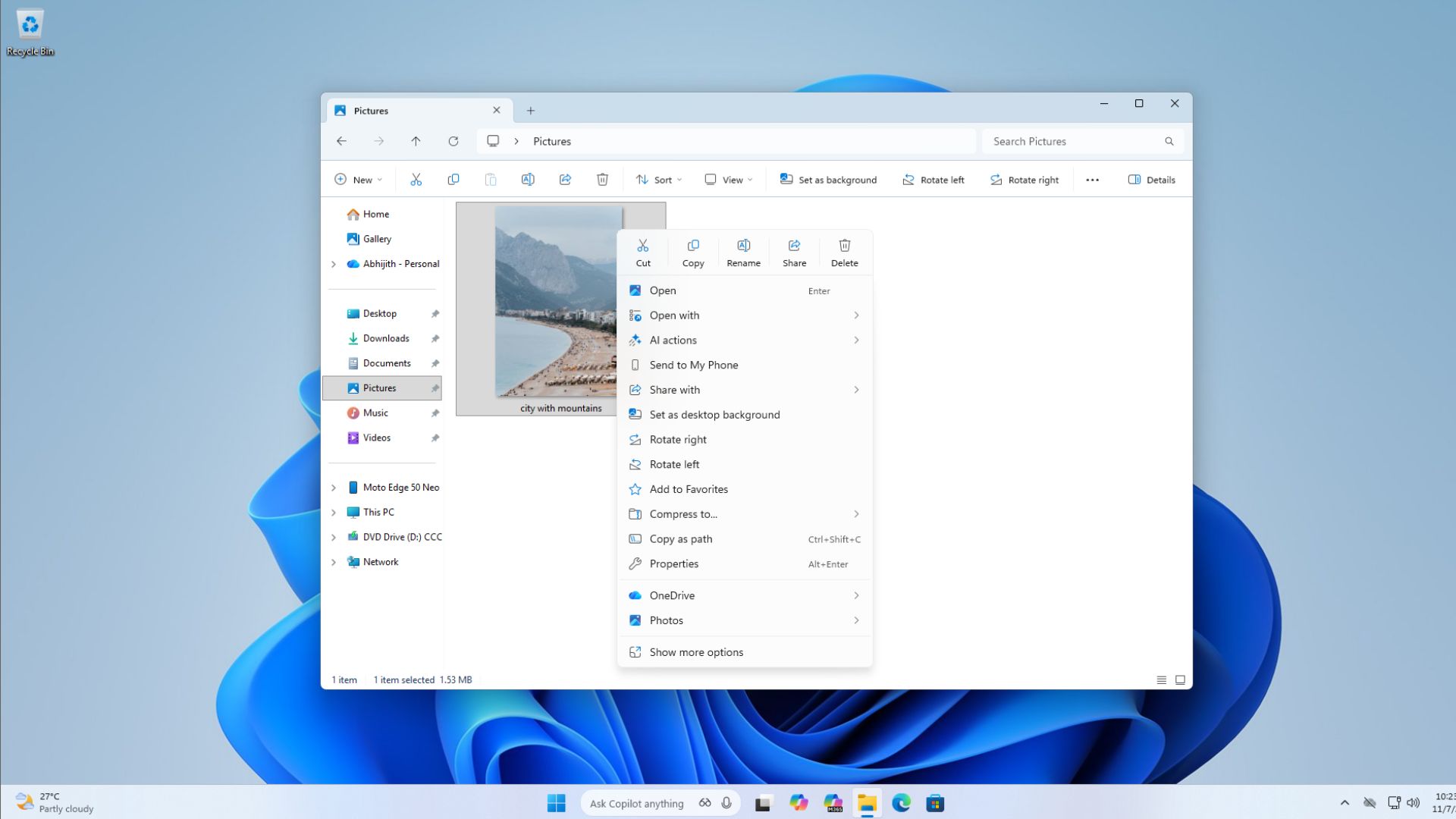
Truth be told, apart from these baseless additions to the context menu, it is both functional and aesthetic, something which is rare for most things related to Windows.
However, it’s been months since the Edit in Notepad existed as a separate entry in the context menu. Microsoft’s lack of motivation to fix it appearing for all file types in the context menu is ridiculous and something to be scoffed at. We already have Notepad under “Open with..” for those who want to view the binary of any file type.
That being said, all hope is not lost as Microsoft is working on ways to fix the context menu, starting with WinUI apps, and we hope the File Explorer will also get a similar treatment, and it might be when Microsoft finally takes note of the Edit in Notepad bug.

